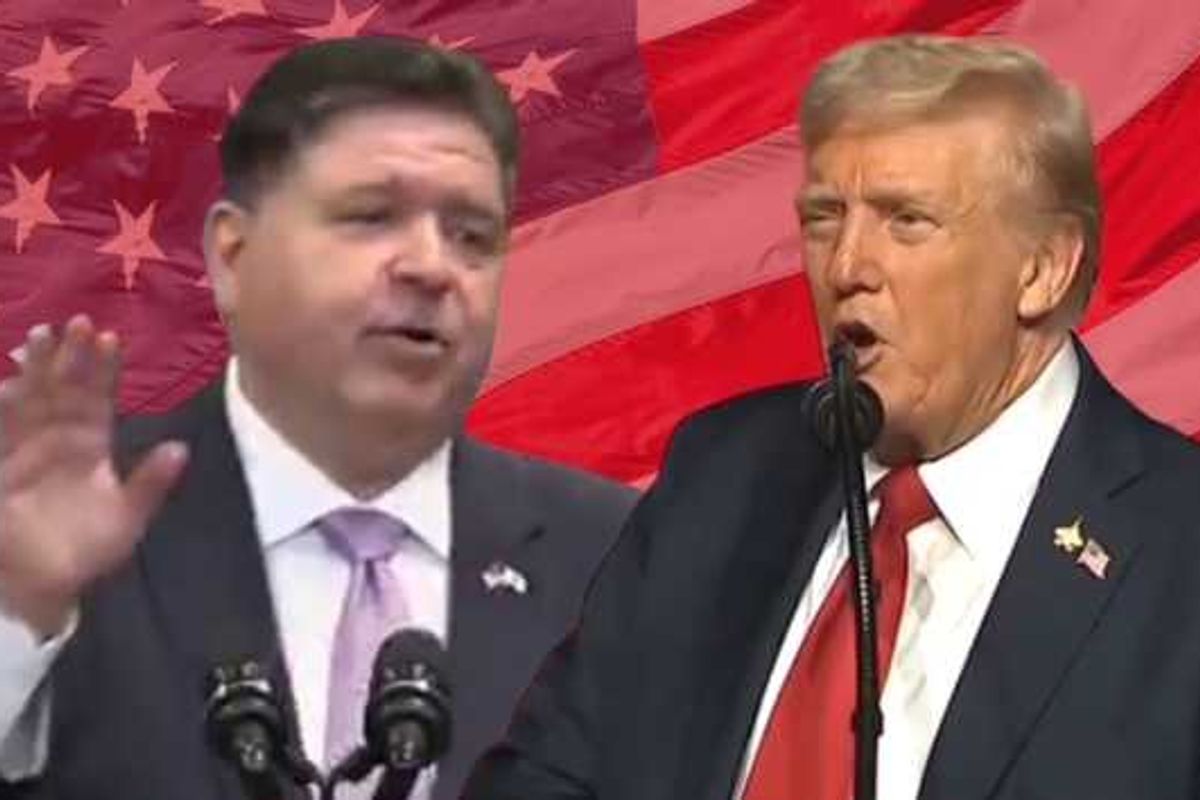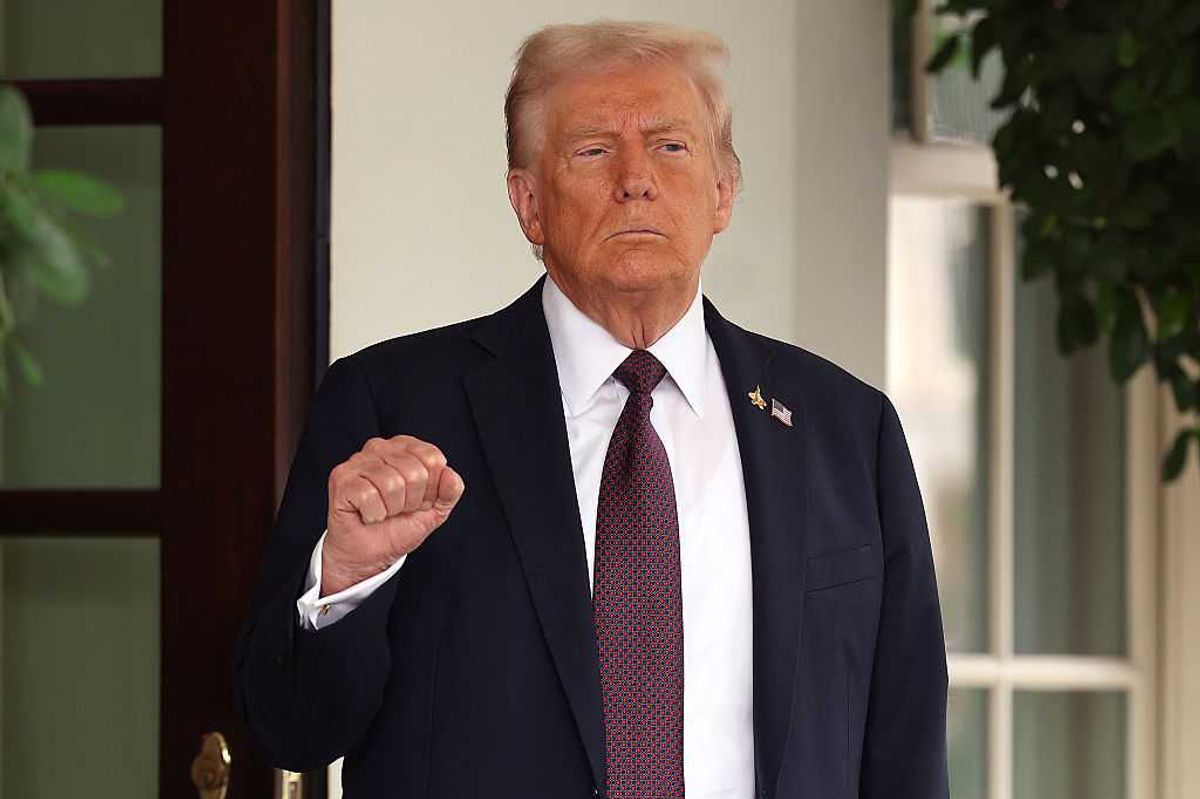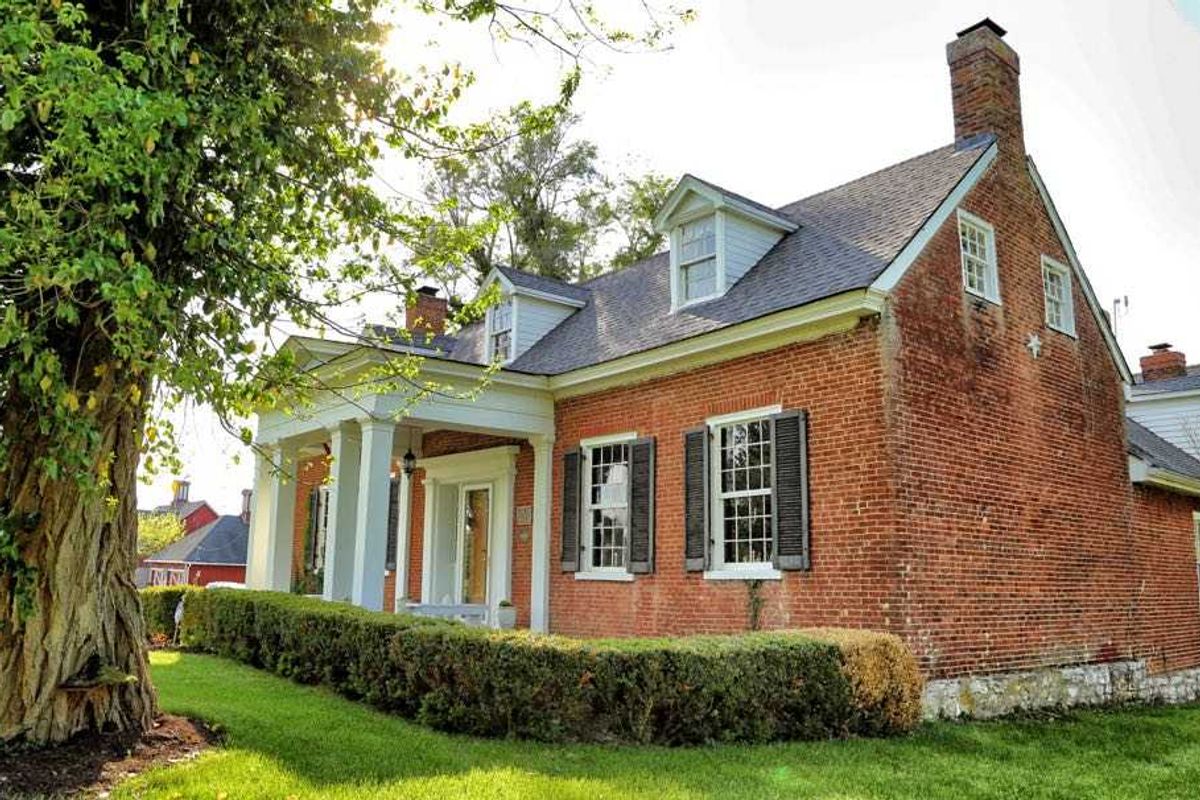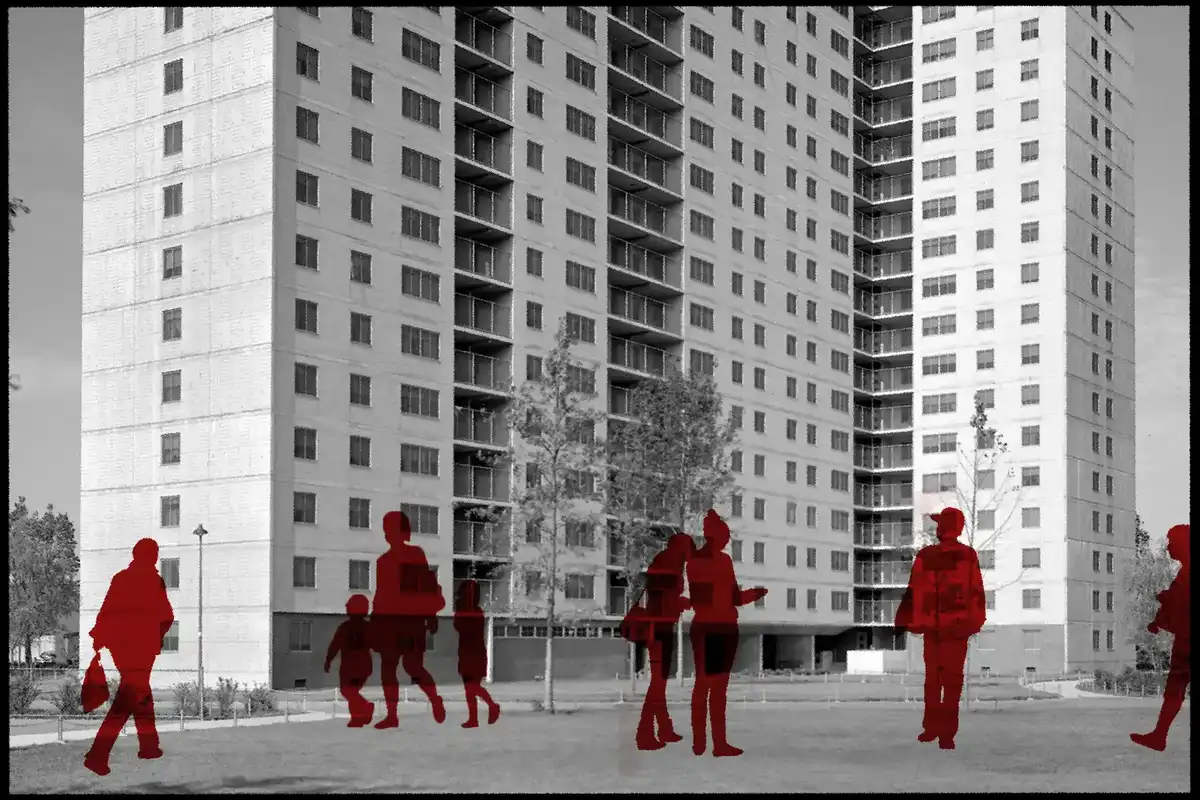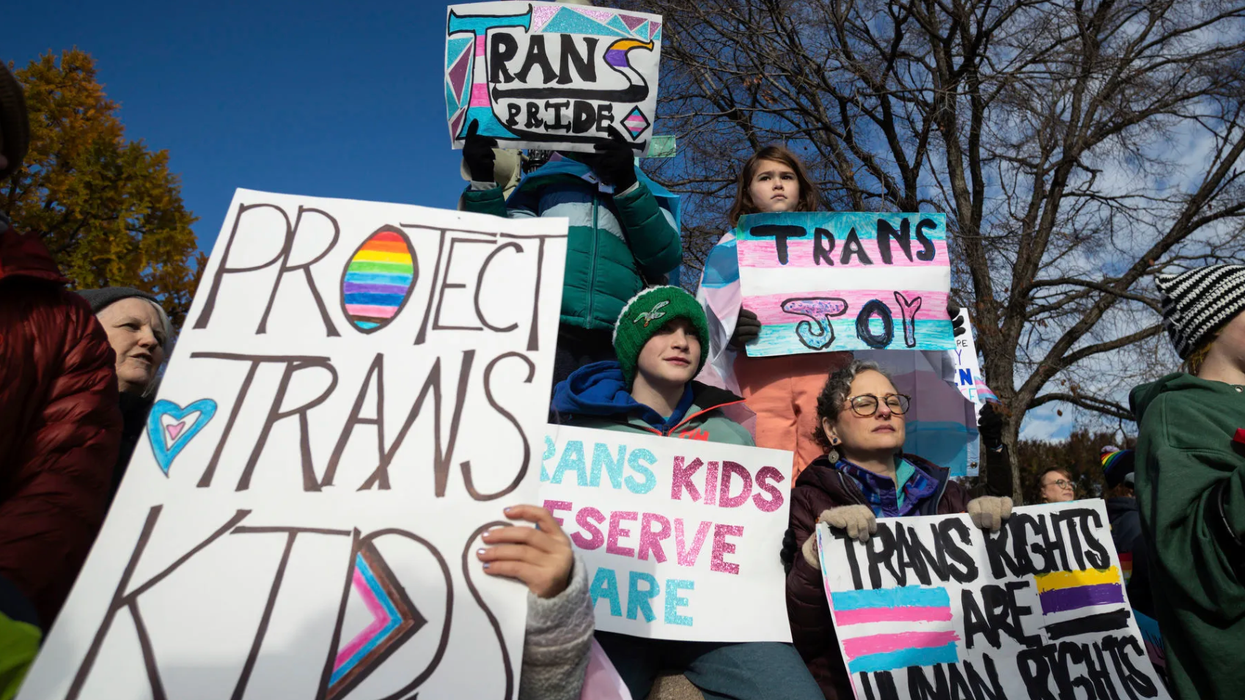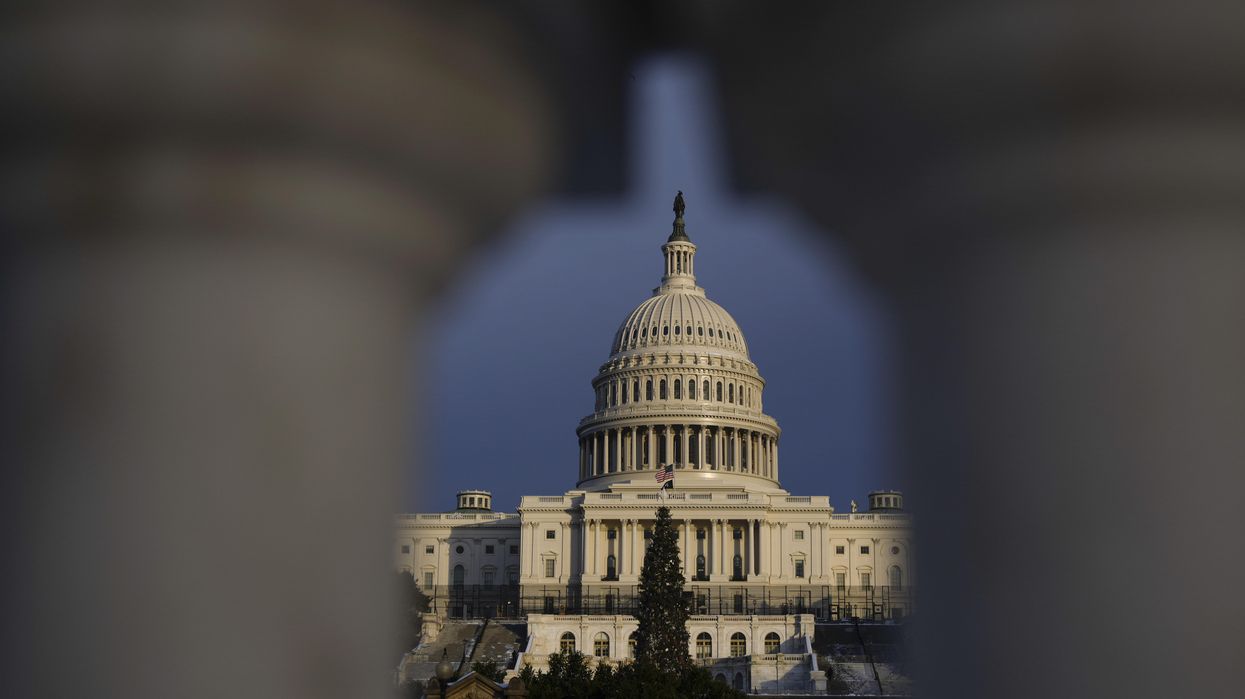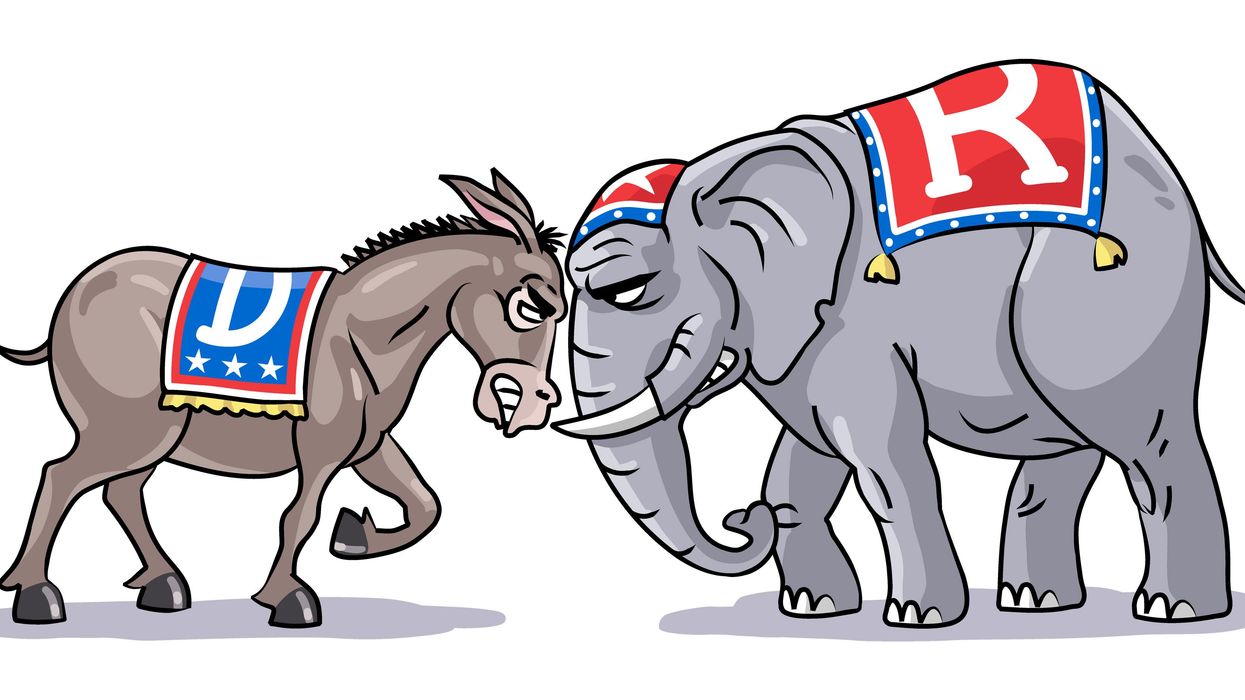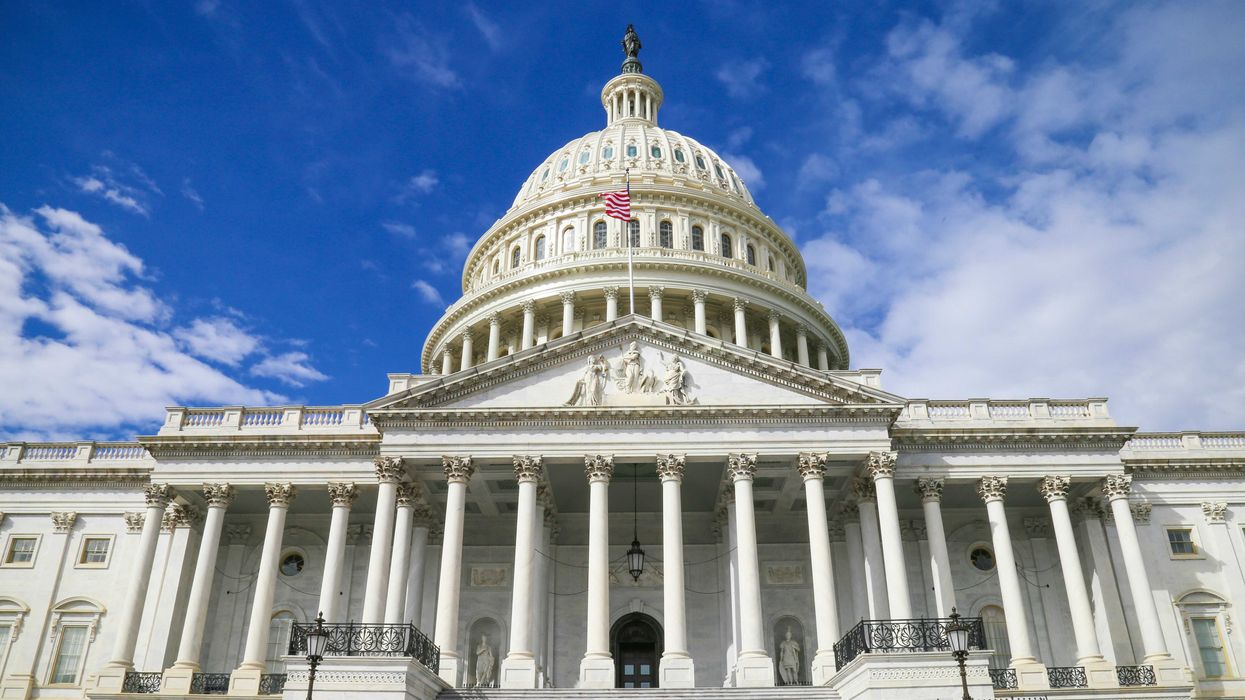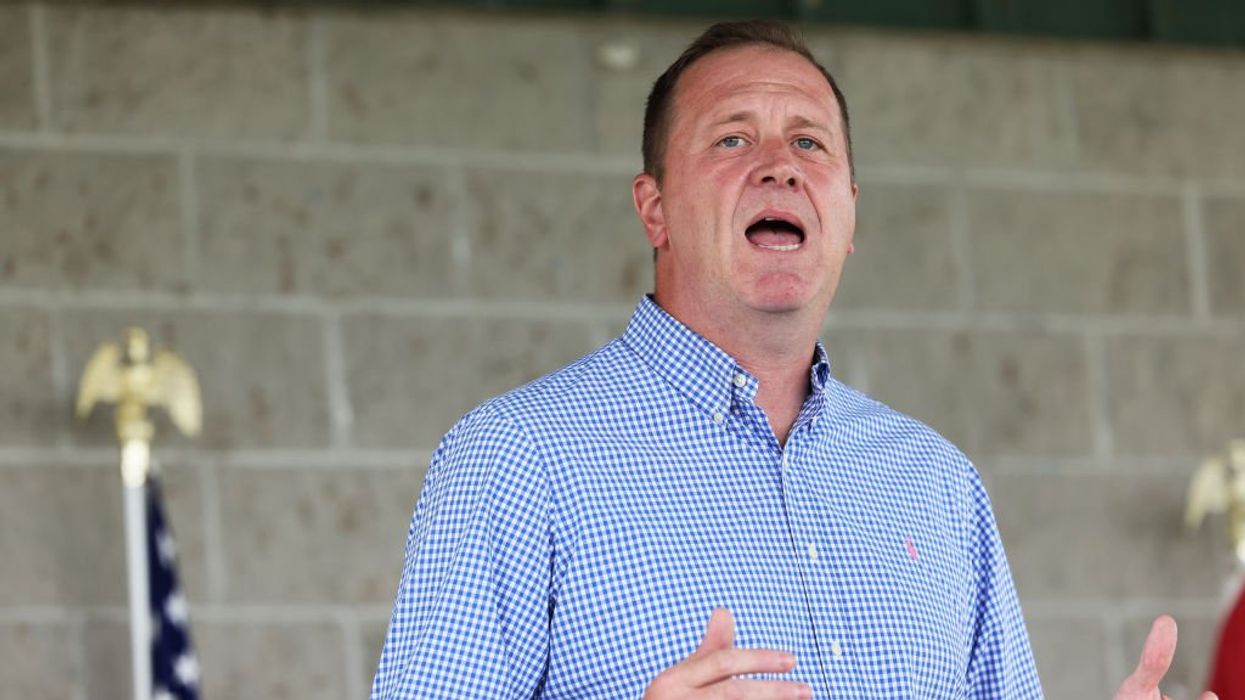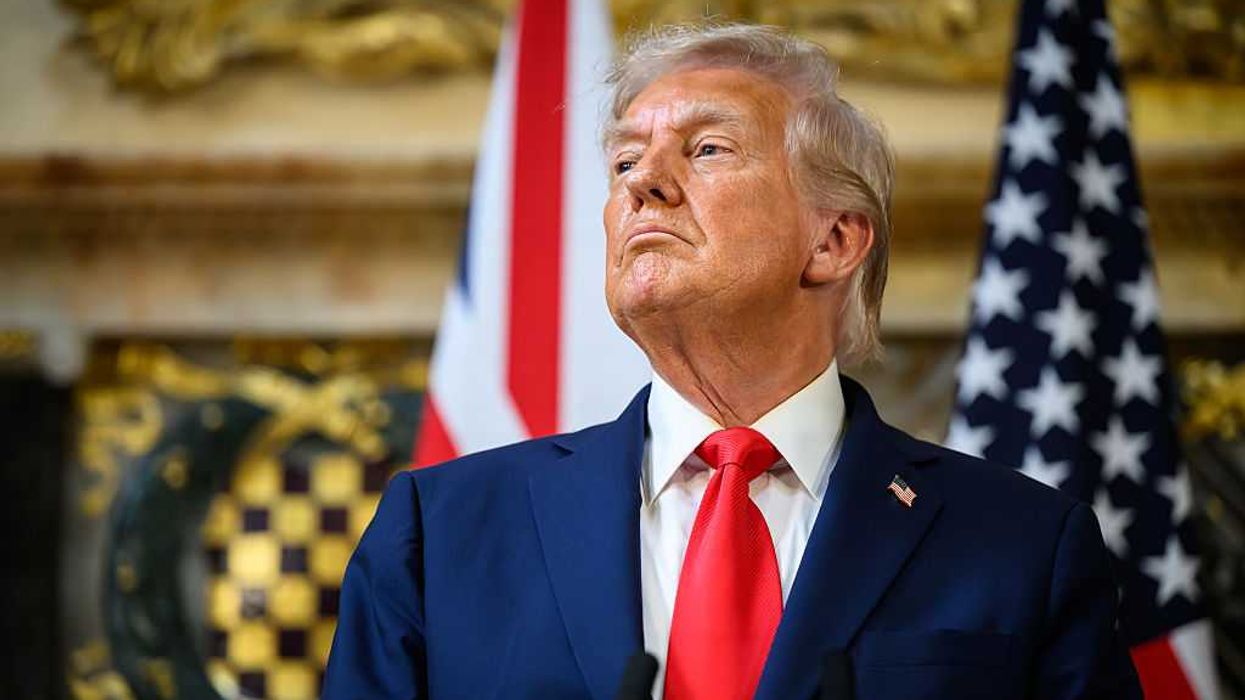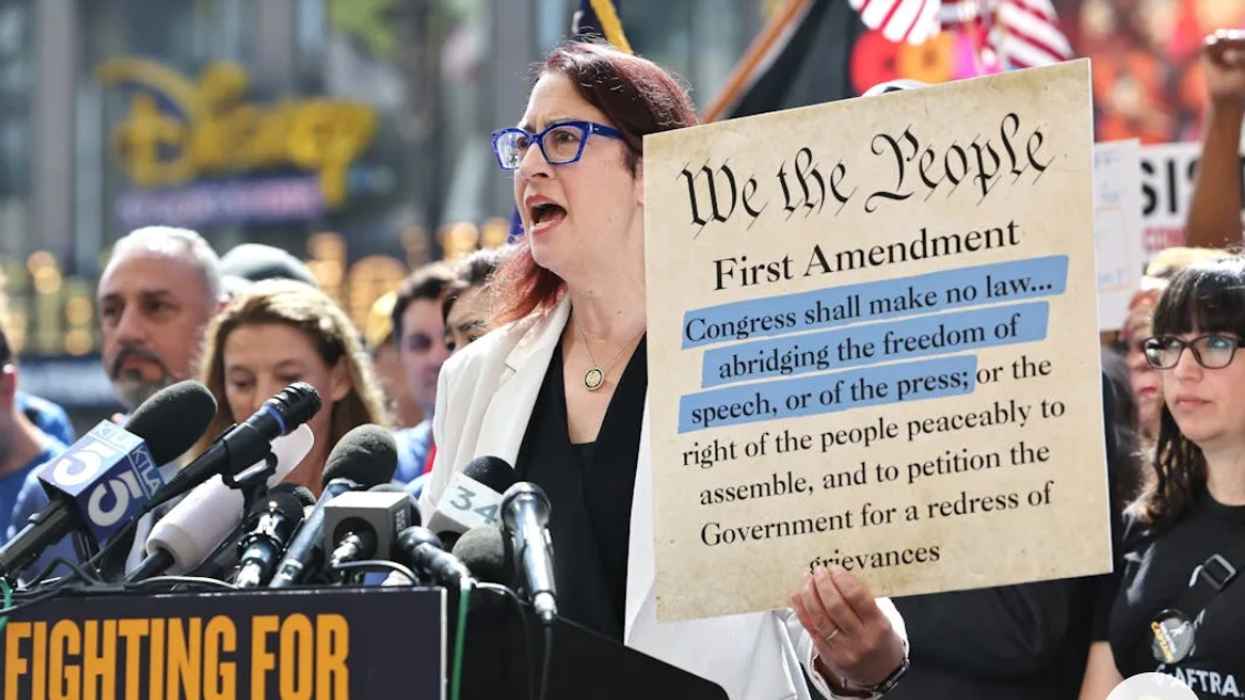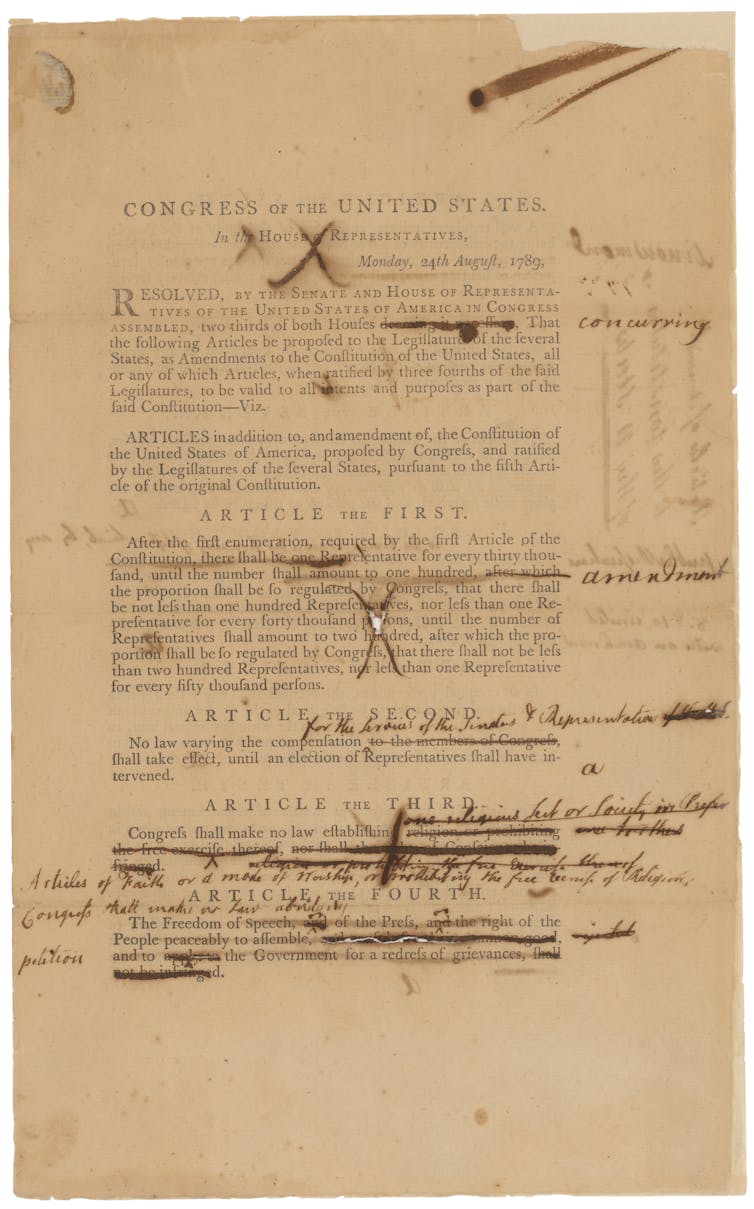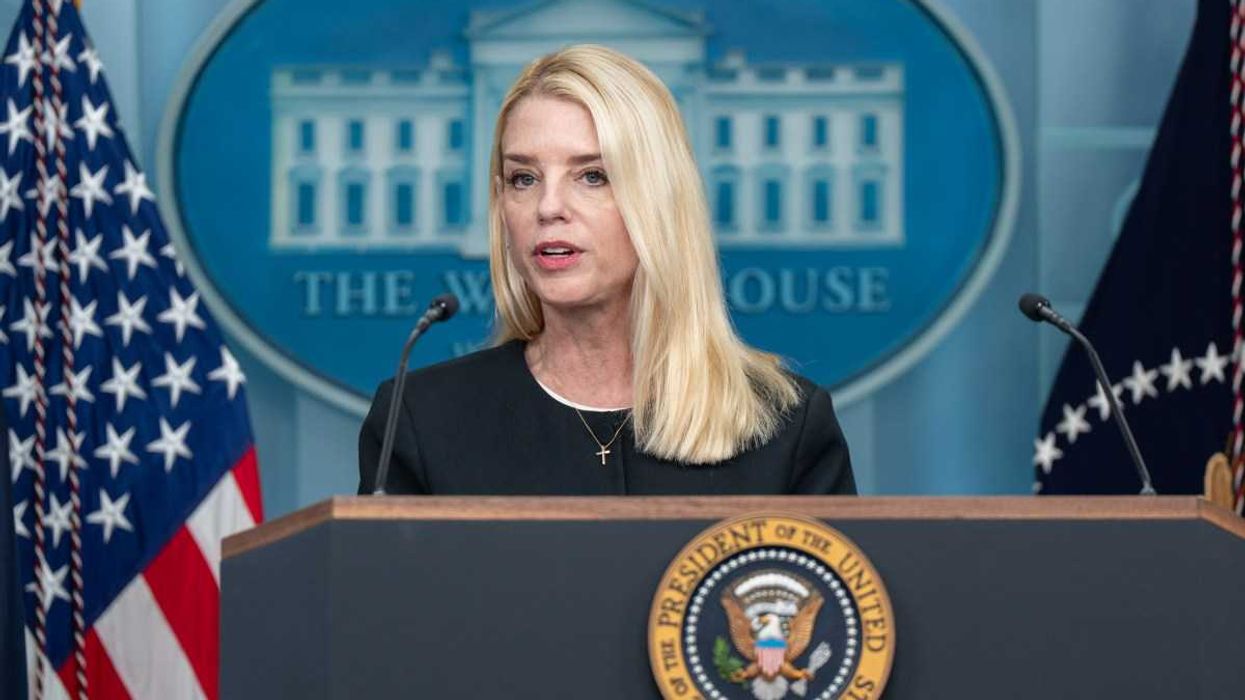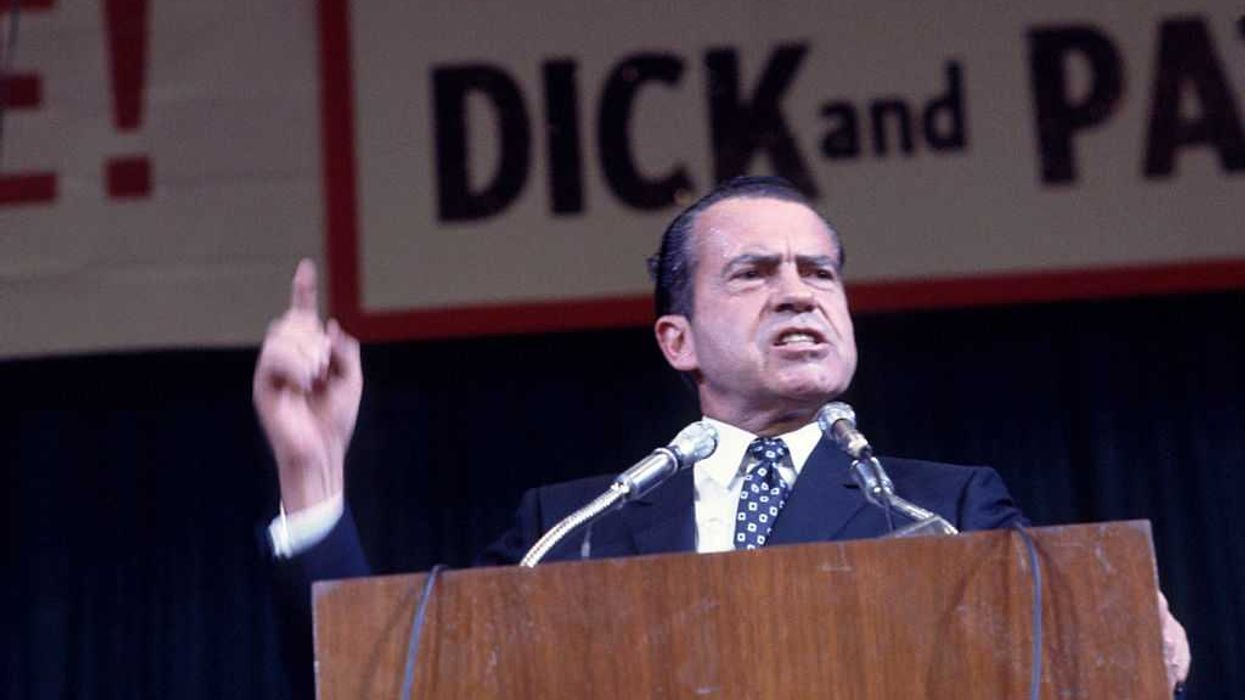On the latest episode of HBO’s Real Time, political satirist Bill Maher issued a stark warning about what he calls a “slow-moving coup” orchestrated by President Donald Trump.
Maher laid out a chilling checklist of tactics he believes are being used to consolidate power and undermine democratic norms.
“Let me just describe some of the steps—and you tell me if I’m being paranoid,” Maher said. He pointed to the normalization of masked federal police, the deployment of National Guard troops in Washington, D.C., and the increasing militarization of urban spaces. “Get people used to looking at that. Normalize snatching people off the street. Normalize seeing the National Guard and the military on the street,” he warned.
Maher’s concerns stem from Trump’s recent moves in the capital, including the federalization of local police and the deployment of troops following a high-profile carjacking incident. Trump has since suggested similar actions may be taken in Chicago and New York City, citing public pleas for intervention and rising crime rates.
Critics argue these actions amount to political theater and dangerous overreach. Maryland Governor Wes Moore, a military veteran, condemned the use of service members as “political pawns,” while others fear the establishment of a permanent federal force could be used to suppress dissent and manipulate future elections.
Maher, who has long warned of Trump’s authoritarian tendencies, emphasized that this time the threat may not come with the chaos of January 6, but through quiet, incremental steps. “I just don’t think [Democrats] are ever going to take power,” he said. “Because I think this coup is going to go off a lot smoother than the last one”.
The segment has sparked intense debate online, with some praising Maher’s candor and others accusing him of alarmism. But for Maher, the message is clear: “If there was a slow-moving coup, this is how it would look.”
Why Some Experts Agree
Maher describes what he sees as a “slow-moving coup” led by Trump—not through tanks in the streets, but through legal maneuvers, loyalist appointments, and the normalization of anti-democratic rhetoric. He argues that Trump is laying the groundwork to contest or override future election results, and that many Americans are underestimating the threat because it’s unfolding gradually and within the bounds of existing institutions.
Political scientists and democracy scholars have long warned that democratic backsliding often happens incrementally. Here’s how Maher’s concerns align with broader academic and civic arguments:
- Institutional Capture: Appointing loyalists to key positions—such as secretaries of state or judges—can enable manipulation of election certification or legal outcomes.
- Norm Erosion: Repeated claims of “rigged elections” or delegitimizing opponents can weaken public trust in democratic processes.
- Legal Loopholes: Exploiting ambiguities in the Electoral Count Act or state-level election laws could allow for contested results or alternate slates of electors.
- Violence as a Tool: The January 6 Capitol attack showed that political violence can be incited and rationalized, even by mainstream figures.
Some critics argue that Maher’s framing is alarmist or overly simplistic. They point out that U.S. institutions—courts, media, civil society—have so far resisted attempts to overturn elections. Others argue that excessive focus on Trump can obscure deeper systemic issues.
Still, Maher’s warning is less about predicting a singular event and more about mapping a trajectory. He’s asking viewers to stay alert—not just to what’s happening, but to how it’s being normalized. Whether one agrees with his framing or not, the deeper question remains: how do democracies recognize erosion before collapse?
Hugo Balta is the executive editor of the Fulcrum and the publisher of the Latino News Network.

